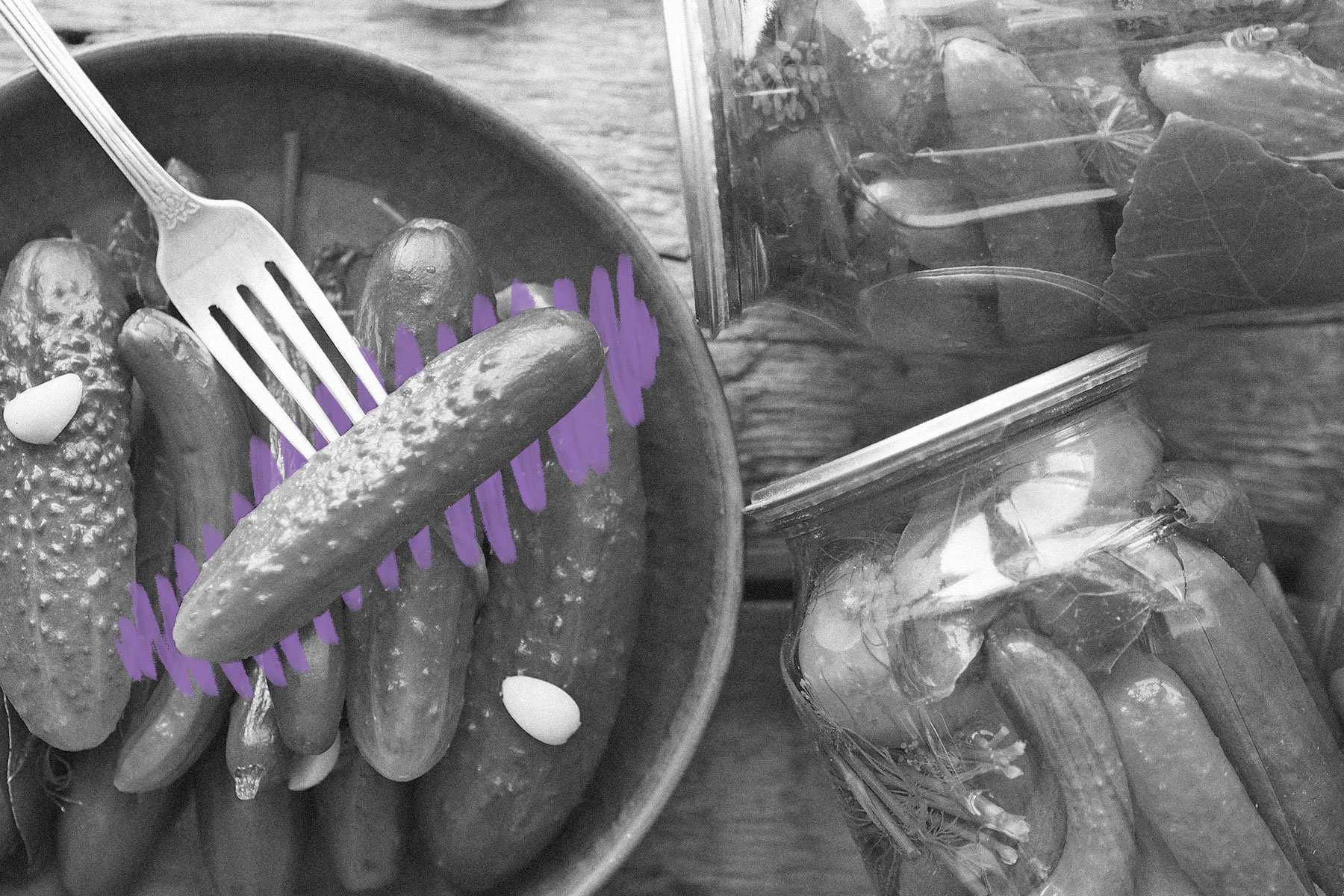Cucumbers used to be called “cowcumbers.”
In Old English, cucumbers were called “eorthappel,” or “earth apples.” The word “cucumber” came from the Latin “cucumerem,” and arrived in the English language either via Old French (“cocombre”) or through a 14th-century translation of the Bible that may have pulled directly from the Latin root. Over the next few centuries, however, the name evolved to a somewhat less-elegant pronunciation: “cowcumbers.” Given that the term sounds like a bovine pun, one theory for this pronunciation is that cucumbers were not well liked and were thus regarded as only fit for livestock.
By the end of the 18th century, “cowcumber” had become a standard pronunciation, and even spread to the U.S., although some academics yearned for a return to the original form of the word. In the 19th century, the tide started to change, as more educated Brits began calling the plant a “cucumber.” Eventually, how you said the word became a class marker. Charles Dickens even used the difference as a literary device to indicate lower-class characters, and an 1890 slang dictionary listed “cowcumber” as a “vulgar… corruption of ‘cucumber.’” American author Louisa May Alcott also joked about “cowcumbers” in an 1870 letter to her sister Anna. Even after the English-speaking world came back around to the word “cucumber,” regions of the U.S. clung to the butchered pronunciation until the 1930s, and some stragglers even kept the term alive until the late 1960s. The word “cowcumber” is still in use today as a name for a specific kind of magnolia tree — not to be confused with the cucumber tree, a different kind of magnolia.









